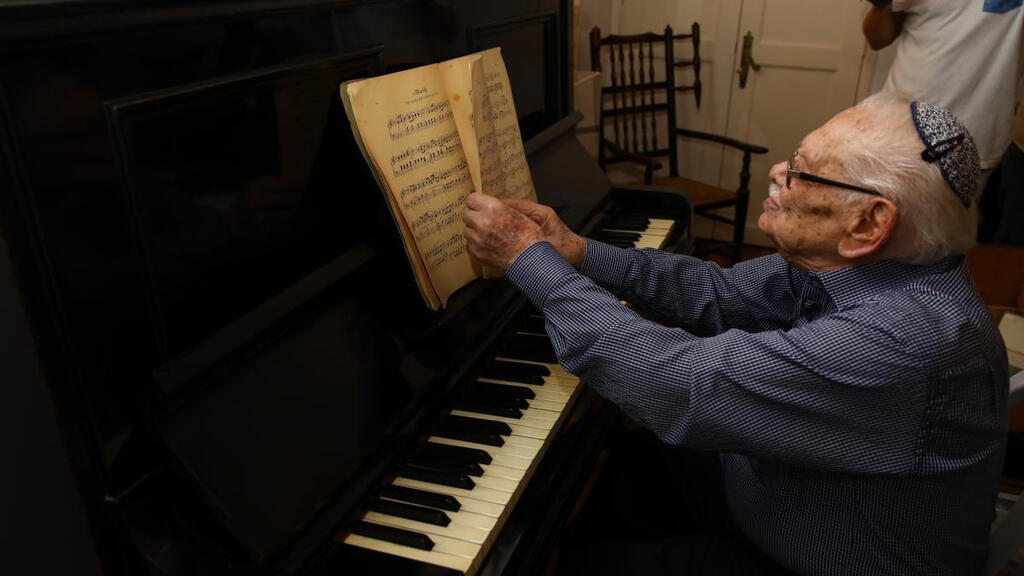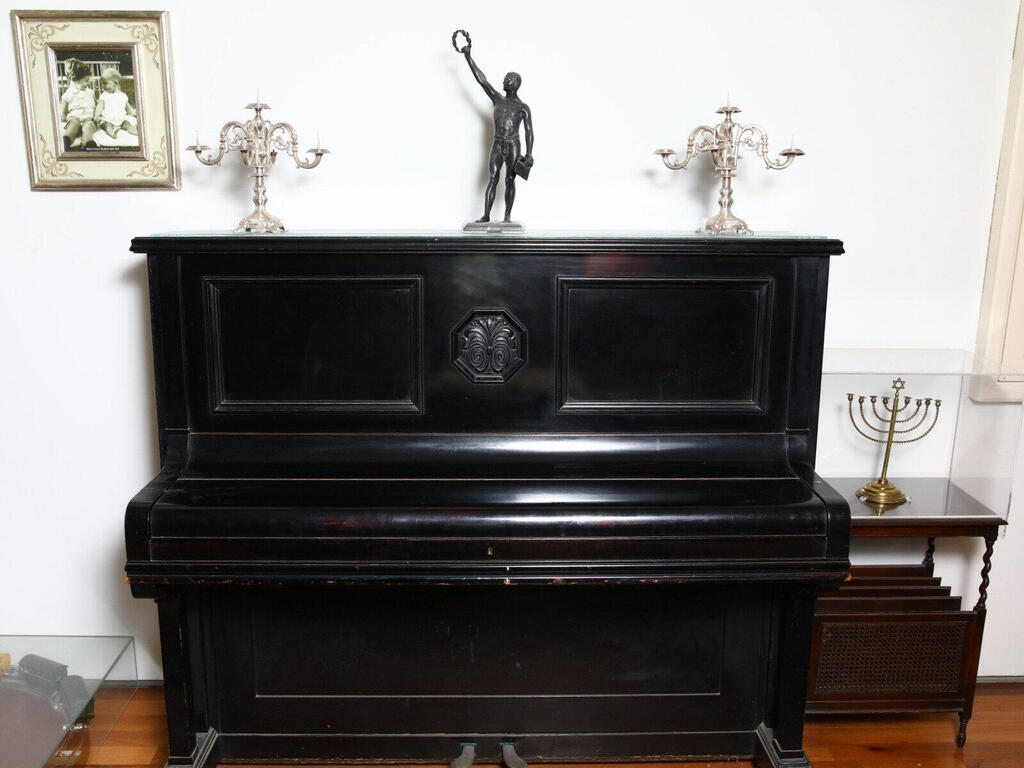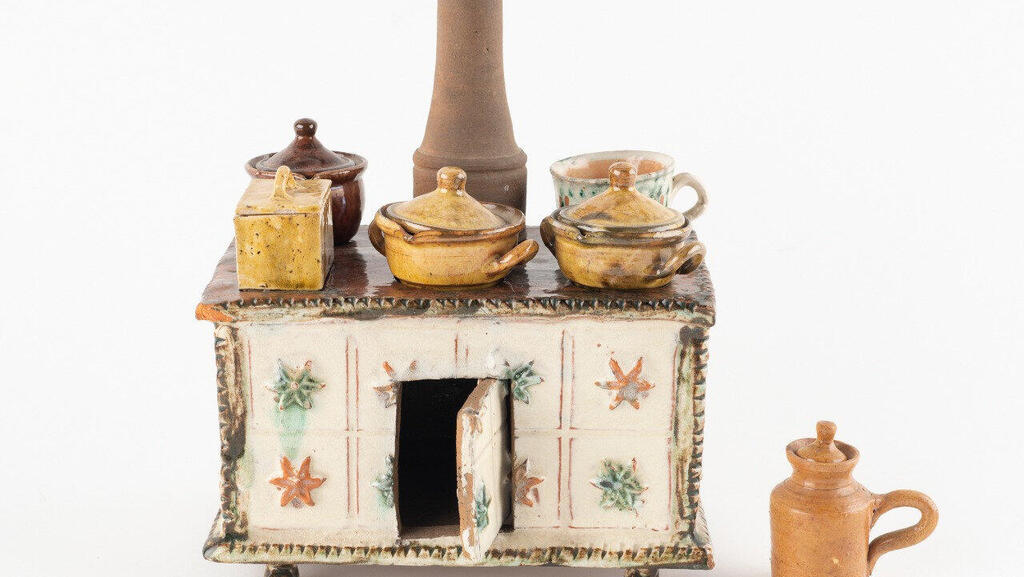Last month, a piano made its way from the Yad Vashem Holocaust Museum in Jerusalem all the way to Berlin. Or rather - back to Berlin.
Right when the Holocaust began, the Margolis family, then living in the small town of Kemnitz, shipped the piano, along with some other items, to Israel, so it wouldn't be lost to the Nazis.
That story, among many others, set the stage for the new exhibit, set to open next week in the Bundestag - the German federal parliament - in Berlin to coincide with International Holocaust Remembrance Day.
No less than 16 historical items will feature in the exhibit - from each of the 16 constituent states of Germany.
"The connection made between personal stories around each item and the places in Germany where they came from creates a bridge between past remembrance and future hopes and dreams for all communities," said Ruth Or and Michael Tal, the exhibit's curators. "The items help us remember the countless lives and communities ravaged by the Nazis."
One such item comes from Menashe and Bracha Margolis. In October of 1938, the systematic expulsion of non-citizen Jews from Germany was already underway, but the Margolis couple were hidden by associates and were able to escape attention. Still, Menashe decided to flee to the Netherlands and obtained an Israeli entry permit from there.
Bracha packed all the family's belongings and sent them to the Holy Land in a container. Then-16-year-old son, Shlomo, was able to get plane tickets out of Germany. When they were in the air, they breathed a sigh of relief.
They arrived, along with the container, in Haifa. The Margolis boys learned to play the piano, but eventually, it was donated to the Yad Vashem Museum as a testament to the family being saved from Nazi Germany.
Shlomo, now 99, said he was excited to see the piano once again. "Now that it's being moved to the Bundestag, it will be available to countless others to see and to learn of our struggle. It's a testament to the life we once had and the miraculous escape from the Nazi's clutches, just weeks before the war erupted."
Among other items is a Holy Ark belonging to the Cohen family from Hamburg, carved by the family's patriarch Leon. A ceramic miniature kitchen stove is also featured, belonging to Annelise Dreyfuss.
For Dani Dayan, this will be the first visit to Germany as the Yad Vashem chairman. "I'm fully aware of the responsibility and commitment bestowed upon me. The exhibit features items originally from Germany that made their way to the Holy Land. Through the personal stories behind the items, we will show the world how and why these people were murdered."
Holocaust survivor Lore Stern Mayerfeld, who will attend the opening of the exhibit, told of how her father Marcus was sent to Buchenwaldon the night of Kristallnacht. While still in her pajamas, she hid along with her mother among friends and was able to elude the Nazis' attention, eventually returning to a ransacked home.
Marcus was eventually released with the stipulation he would leave for the United States. In August 1941, they sailed across the Atlantic.
Lore made Aliyah in 1991, and donated her beloved doll, Inga, to Yad Vashem. "It was very meaningful to me," she said. "It was a gift from my grandmother and voyaged right along with me to America. After I got married and had kids, I wouldn't let them play with it, because it needed to remain as a symbol of the horrors of Kristallnacht."




